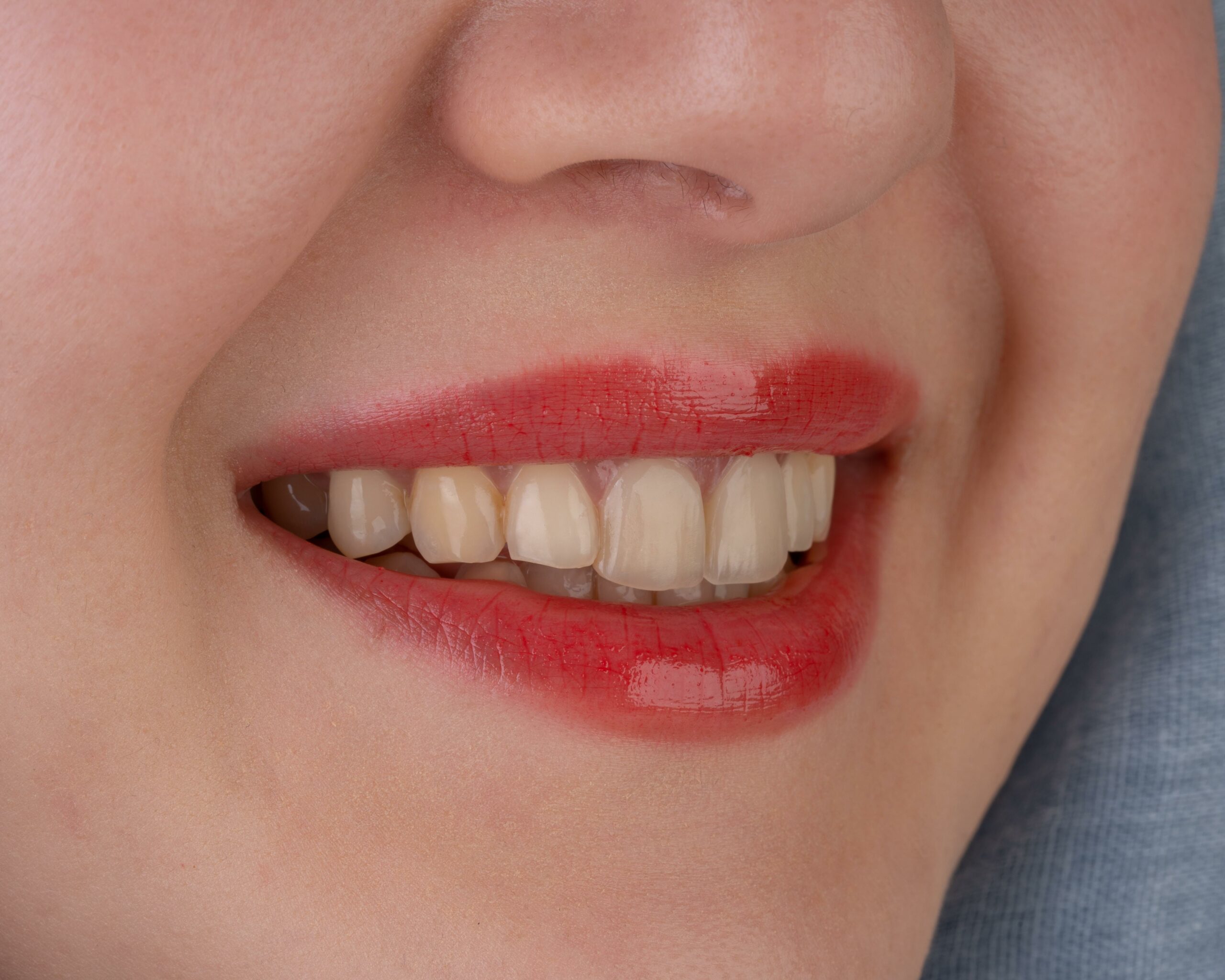Are you aware of the hidden dangers that can lurk beneath the surface of your pearly whites? While many of us prioritize our physical health, dental health often takes a backseat. However, long-term untreated tooth decay should not be underestimated or ignored. In this article, we will delve into the alarming consequences that can arise from neglecting tooth decay over an extended period of time. Brace yourself as we unveil the hidden dangers of long-term untreated tooth decay and shed light on why it is crucial to take action. Your dental health and overall well-being depend on it.

Long-Term Untreated Tooth Decay
Tooth decay can be a silent saboteur, stealthily wreaking havoc on our oral health if left untreated for an extended period. As a seasoned dental professional, my aim is to shed light on the alarming consequences that arise from neglecting tooth decay. In this article, I will delve into the hidden dangers of long-term untreated tooth decay and unveil the devastating consequences that can unfold if proper care is not taken.
Untreated tooth decay can lead to a cascade of complications, ranging from gum disease and cavities to tooth loss and abscesses. The bacteria present in our mouths produce acids that attack the protective outer layer of the tooth, known as enamel, causing gradual deterioration. Over time, this decay can progress to more serious oral health issues, including gum disease and cavities. It’s essential to remember that tooth decay doesn’t just affect the affected tooth; it can have far-reaching effects throughout the mouth if not addressed promptly.
Carbohydrates, such as sugars and starches, can increase the risk of tooth decay. When we consume these foods, the bacteria in our mouths feast on the remnants, producing acids that attack our enamel. This constant assault weakens the tooth structure, making it more susceptible to decay. With the prevalence of sugary foods and drinks in our diets, it’s no wonder that tooth decay is so widespread. In fact, more than 1 in 4 adults in the United States have untreated tooth decay, highlighting the urgent need for awareness and action.
The consequences of long-term untreated tooth decay can be severe and, in some cases, irreversible. As the decay progresses, it can reach the innermost part of the tooth, known as the pulp, leading to excruciating toothaches and heightened sensitivity. The destruction of the pulp not only causes intense pain but can also result in the need for more extensive dental treatments or even extraction of the tooth altogether. Additionally, the staining of tooth surfaces and pain on biting can greatly affect a person’s quality of life and self-esteem.
Let’s not forget about the toll tooth decay takes on our gums. If left untreated, it can lead to redness, swelling, and inflammation, causing discomfort and making it challenging to brush and floss effectively. The swollen face is another unpleasant consequence that may arise from long-term untreated tooth decay. Imagine waking up with a swollen face, feeling self-conscious and in pain. It’s a scenario we should all strive to avoid.
The ramifications of not addressing tooth decay extend beyond the oral cavity. The complications can impact our overall well-being, with studies linking poor oral health to increased risks of cardiovascular disease, respiratory infections, and even preterm birth in pregnant individuals. Hence, it’s crucial to recognize the significance of oral hygiene and prioritize our dental health.
So, how can we prevent these dire consequences? Regular dental check-ups play a vital role in early detection and prompt treatment of tooth decay. If you suspect tooth decay or experience any symptoms, seeking dental treatment as soon as possible is crucial. The sooner the decay is addressed, the more straightforward and less complicated the treatment process becomes. Remember, prevention is always better than cure.
To conclude, long-term untreated tooth decay can have devastating consequences. From gum disease and cavities to tooth loss and abscesses, the impact on our oral health and overall well-being cannot be understated. By adopting proactive measures such as maintaining proper oral hygiene, limiting sugary and starchy foods, and seeking timely dental care, we can safeguard ourselves from the hidden dangers lurking within untreated tooth decay.
“Don’t let tooth decay take control of your oral health. Act now to prevent the hidden dangers that can arise from neglecting long-term untreated tooth decay.”
Tooth decay is a common dental problem that can cause serious complications if left untreated for years. Are you experiencing persistent toothaches or sensitivity? Ignoring these symptoms can lead to more severe issues down the line. Don’t wait until it’s too late – learn more about tooth decay and its long-term effects on oral health by clicking here: Tooth Decay Left Untreated For Years. Remember, prevention is always better than cure, so take control of your dental well-being today.
FAQ
Question 1: What are the consequences of leaving tooth decay untreated for a long time?
Answer 1: Leaving tooth decay untreated for a long time can lead to several complications, including gum disease, cavities, tooth loss, tooth abscess, destruction of the inside of the tooth (pulp), toothache, tooth sensitivity, stains on the tooth surface, pain on biting, red and swollen gums, and swollen face.
Question 2: How does tooth decay occur and progress?
Answer 2: Tooth decay occurs when the bacteria in the mouth produce acids that attack the enamel, the protective outer layer of the tooth. If left untreated, tooth decay can progress to gum disease, cavities, and possibly tooth loss.
Question 3: What increases the risk of tooth decay?
Answer 3: Consuming carbohydrates, such as sugars and starches, increases the risk of tooth decay. Additionally, certain factors such as tooth location and oral hygiene practices can also increase the risk.
Question 4: How prevalent is untreated tooth decay?
Answer 4: Tooth decay is very prevalent in the United States, with more than 1 in 4 adults having untreated tooth decay.
Question 5: What are the potential complications of untreated cavities and tooth decay?
Answer 5: Cavities and tooth decay can have serious and potentially painful complications if left untreated. These complications may involve extensive treatment or removal of the tooth if the decay has destroyed the inside of the tooth (pulp). It is important to seek dental treatment as soon as possible if you suspect tooth decay to prevent further complications.
- Star Ring Trends: Etsy vs Amazon - March 28, 2025
- Boost Pollinator Habitats: Baby Blue Eyes Sustainable Farming Guide - March 28, 2025
- Protect Big Black Bears: Effective Conservation Strategies - March 28, 2025
















